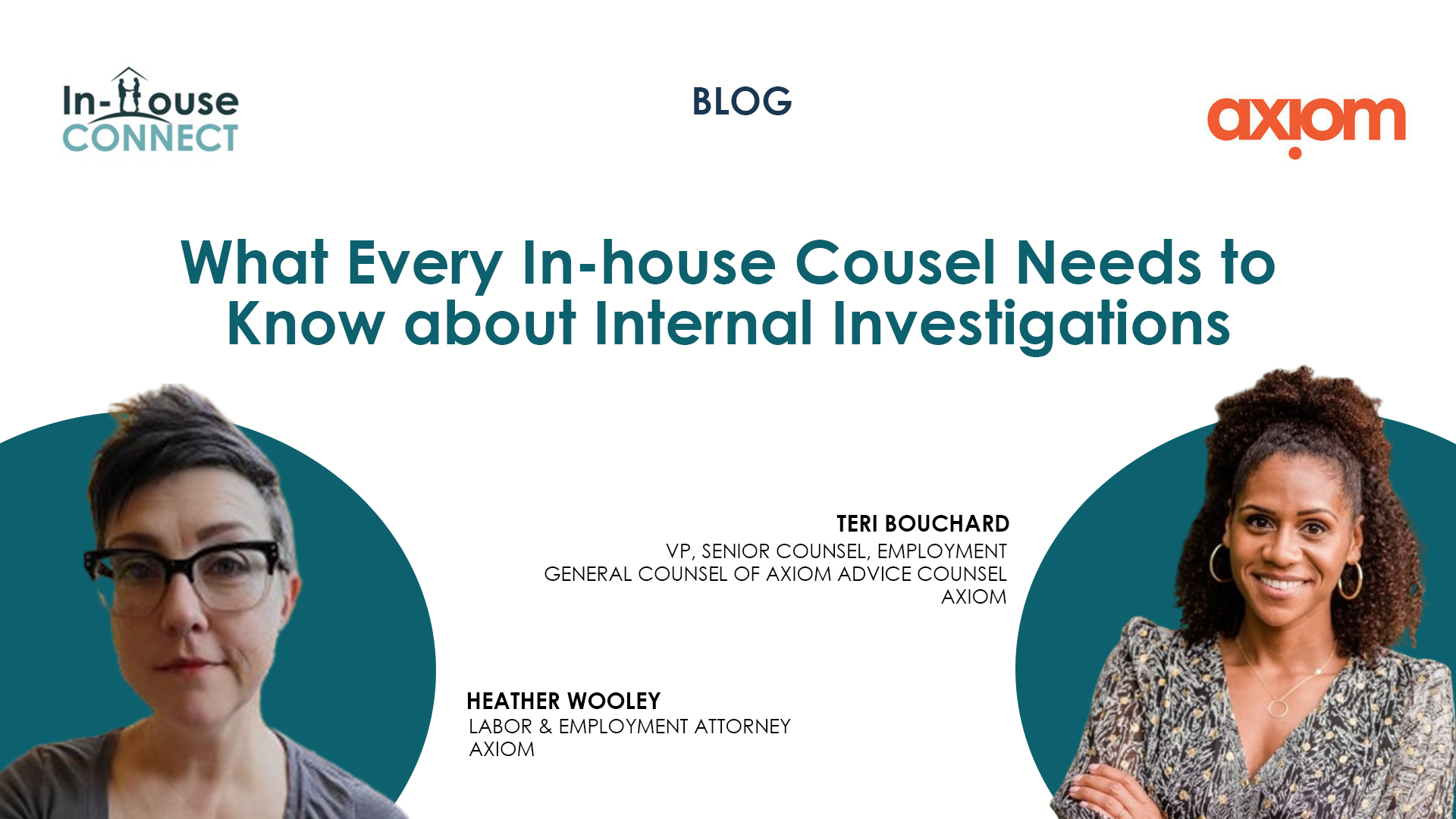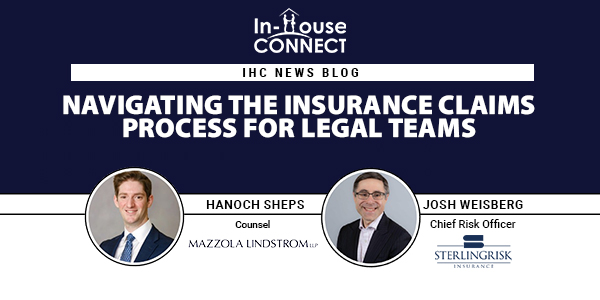In a recent In-House Connect webinar titled “Navigating Ransomware Incidents for In-House Counsel,” an expert panel including Ronald D. Lee of Arnold & Porter, Fidan Karimli of Coveware, Keisha McClellan and Peter Duda of Weber Shandwick provided crucial insights into managing ransomware incidents. The session offered in-house counsel vital strategies for effective ransomware response.
Below are the five key takeaways from the discussion:
- Measured Transparency in Communications
A primary takeaway from the webinar was the importance of “measured transparency” during a ransomware incident. For a successful ransomware response, organizations must provide accurate yet concise information to maintain stakeholder trust. Overexposure or exaggerated claims can lead to misinformation and damage credibility. Effective communication with empathy helps preserve stakeholder confidence and ensures that the organization’s narrative remains controlled and trustworthy.
- Preparedness and Scenario Planning
The panel emphasized the critical role of preparedness in ransomware response. Developing detailed playbooks and conducting regular tabletop exercises were highlighted as best practices. These preparations should involve C-suite executives to ensure that decision-making processes are well-rehearsed. Regular updates and tests of these plans enhance an organization’s readiness to respond promptly and coherently, fostering a more resilient approach to ransomware incidents.
- Out-of-Band Communication Channels
The need for out-of-band communication channels during a ransomware incident was stressed. Since business emails may be compromised, having secure alternative communication methods is essential for effective ransomware response. These channels help contain the situation and protect sensitive information, preventing undue influence from threat actors and supporting effective communication throughout the incident’s lifecycle.
- Cyber Insurance and Legal Considerations
Understanding cyber insurance policies and the importance of pre-attack preparations were discussed. For an effective ransomware response, organizations must be familiar with their insurance coverages, identify approved service providers, and build strong relationships with law enforcement. Pre-consulting with brokers and service providers ensures a smoother response. Being aware of legal considerations, including engagement with government entities like OFAC, is crucial for compliance throughout the incident response process.
- Human Impact and Empathy
The webinar also highlighted the significance of addressing the human impact of a ransomware crisis. Infusing communication efforts with empathy and organizational values is essential for maintaining stakeholder morale and confidence during ransomware response. Acknowledging the stress and anxiety caused by such incidents and addressing these concerns can greatly influence the perception and effectiveness of the response. Balancing legal accuracy with empathetic engagement ensures a more humane and effective communication strategy.
Missed The Session? You can watch it now via IHC On-Demand!







